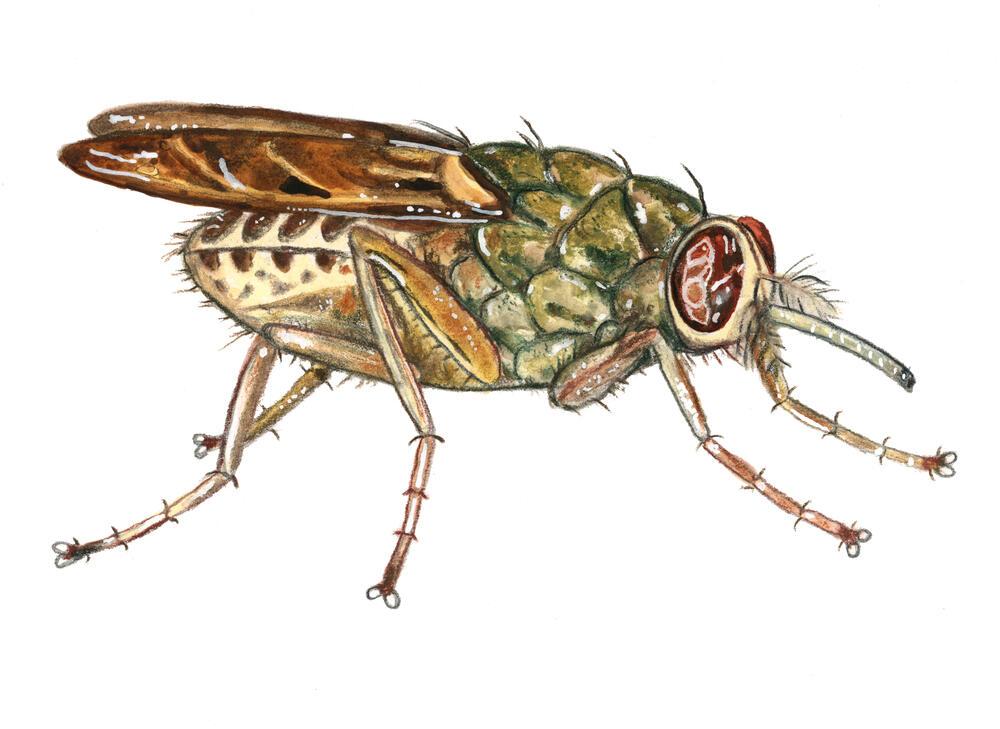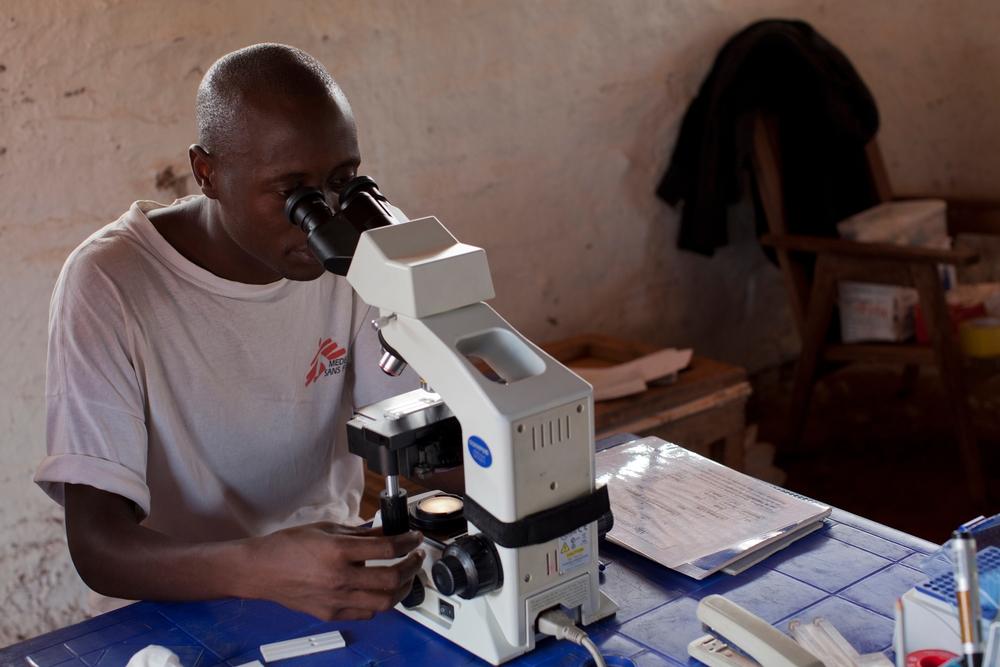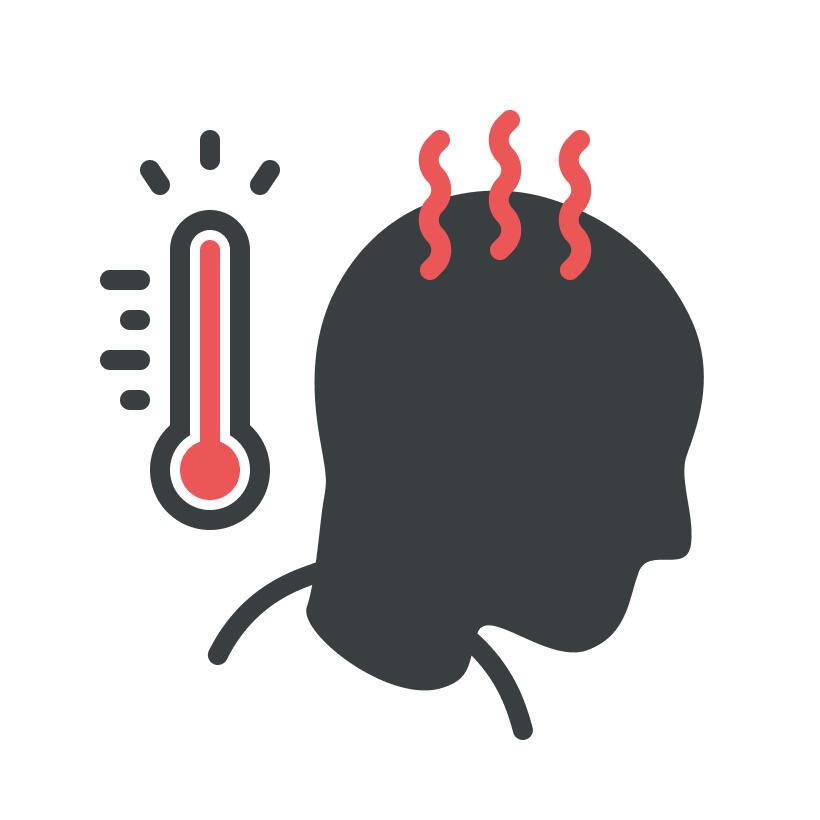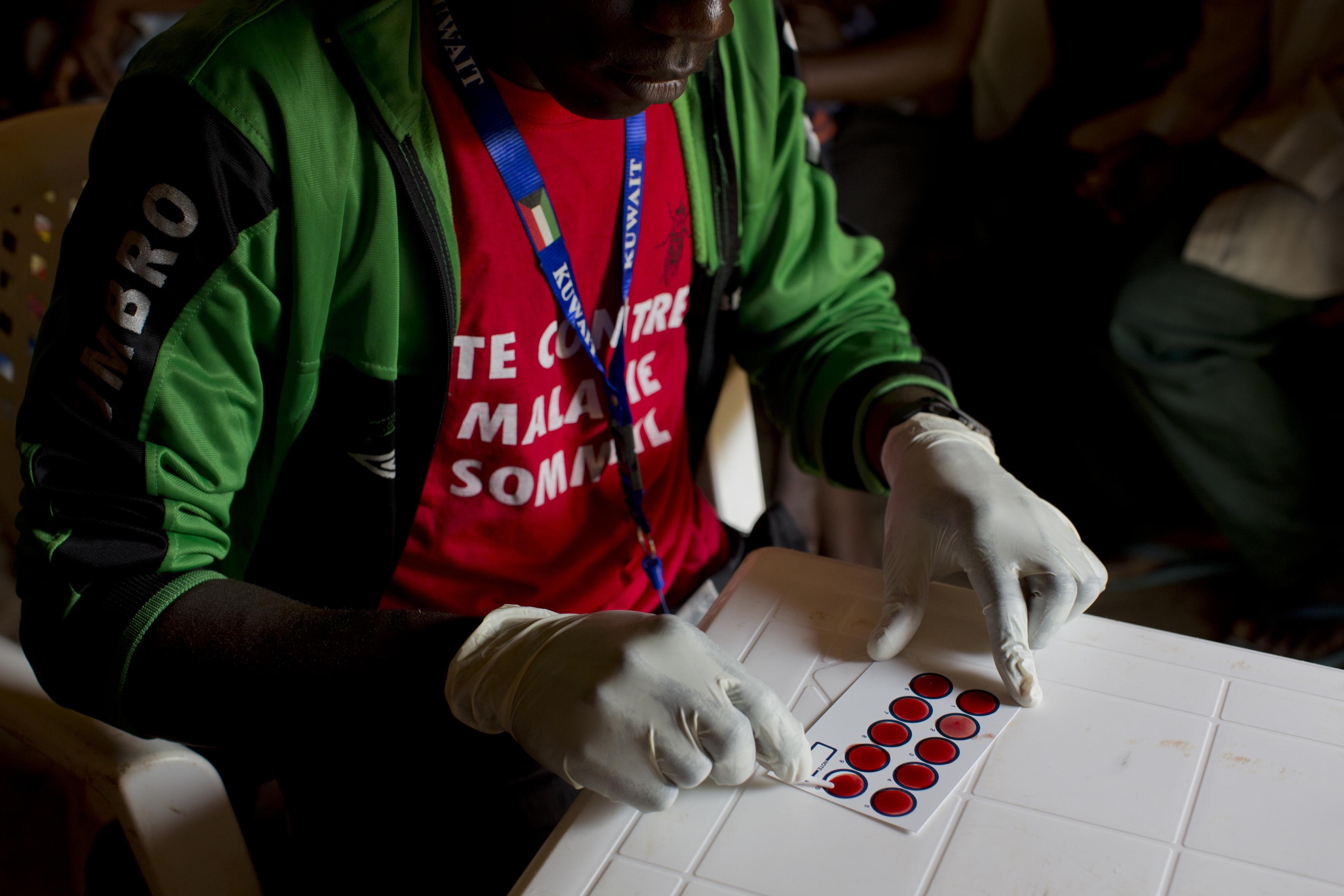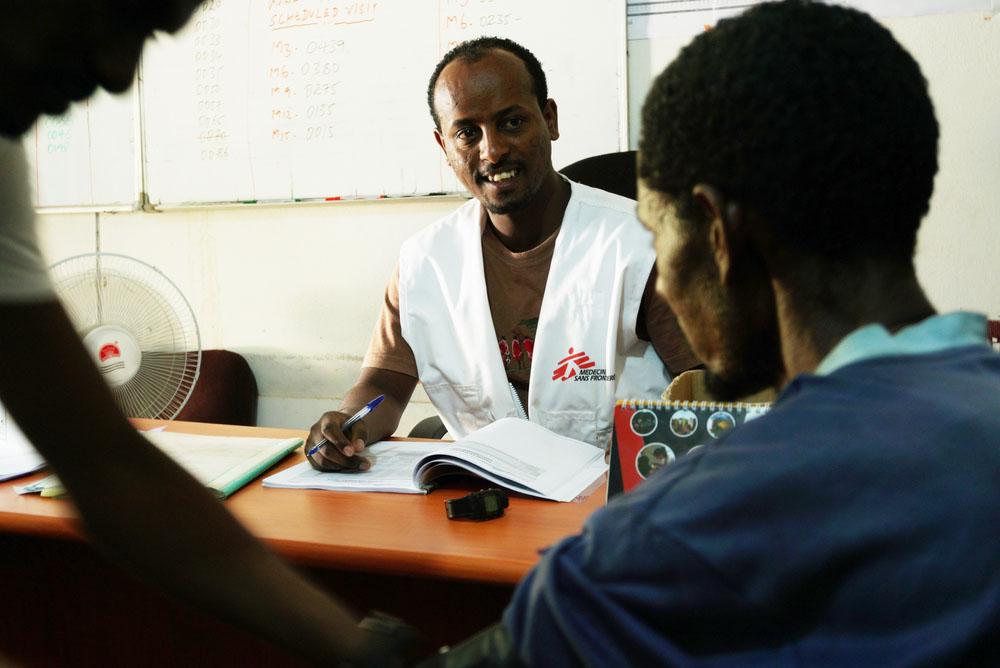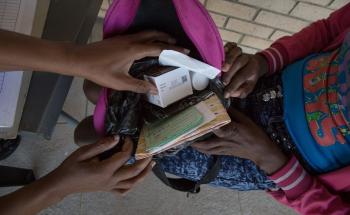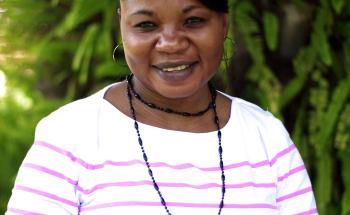The type of treatment depends on the stage of the disease.
Drugs used in the first stage of the disease are of lower toxicity and are easier to administer.
However, treatment success in the second stage of the disease depends on a drug that can cross the blood-brain barrier. Nifurtimox-eflornithine combination therapy, or NECT, is now the WHO's recommended course. NECT is much safer than melarsoprol, the drug previously used to treat the disease.
Developed in 1949, melarsoprol is often described by patients as ‘fire in the veins’; between five and 20 percent of those treated die of complications from the toxic drug. New molecules are currently under clinical trial in the hope of developing a safe, effective treatment for both stages of the disease that can be administered orally.

